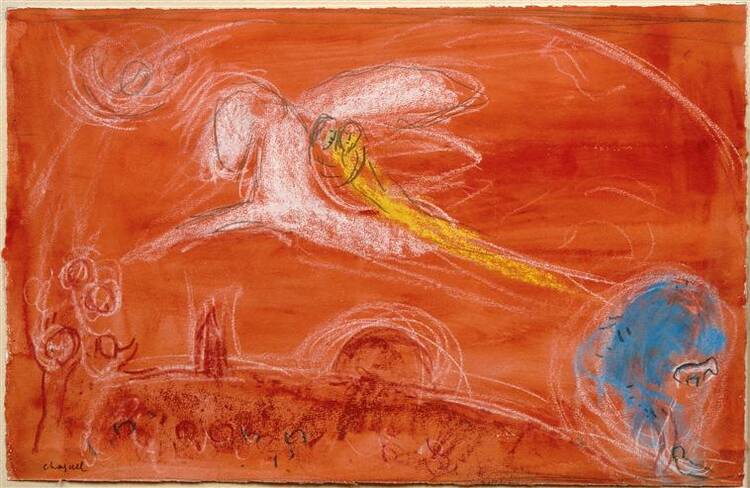Lazarus died twice. In both instances, Jesus was far from his side. The first time he died in the uncertain hope of his people. The second, Lazarus entered death’s darkness, knowing Christ’s resurrection.
Have you ever thought about how you’d like to die? Most of us don’t. When we imagine our deaths, we picture funerals filled with grieving relatives and friends, but not the details of our departure. Yet, as Ernest Hemmingway pointed out, “every man’s life ends the same way. It is only the details of how he lived and how he died that distinguish one man from another.”
Consider then Saint John of the Cross, the details of his death. He died with ulcerating wounds, caused by Erysipelas, an acute infection of the skin and lymphatics. The friars with whom John had been living had sent him away to die. He was a soft spoken man, a silent dreamer with a warm smile, but John had introduced reforms into Carmelite religious life that roiled many. Even the house where he was to expire was reluctant to receive him. The chill was so strong, one wonders if John hadn’t prayed to die as Jesus did, like one rejected.
When death did come, the friars performed the expected. They gathered around the dying man to intone death’s penitential psalms. You know them.
Psalms 6: “Do not reprove me in your anger, Lord, nor punish me in your wrath. Have pity on me, Lord, for I am weak; heal me, Lord, for my bones are shuddering.”
Psalm 38 “Lord, do not punish me in your anger; in your wrath do not chastise me! Your arrows have sunk deep in me; your hand has come down upon me. There is no wholesomeness in my flesh because of your anger; there is no health in my bones because of my sin.”
But the prayers had barely begun when John roused himself and requested something different. He wanted to hear the Old Testament’s great ode to love, the Song of Songs. It begins,
Odd verses for the deathbed, but, like his father before him, who had spurned a family fortune is order to marry the woman he loved, John of Cross had emptied his life of every attachment save love and faith. He died of an infection, but it was love that took him. In his poem, "The Dark Night of the Soul," John had already expressed the deep longing of his soul for union with God.
As John saw it, his life of exiled longing was finally at an end. He had reached the threshold of the bridal chamber. That’s why he wanted to hear the Song of Songs.
Martin Heidegger said something very similar to Hemmingway about death. “Every man is born as many men yet dies as a single one.” He meant that at birth we differ from others only in circumstance and genes. The great divisions come as we make decisions about what matters to us.
Everyone dies. Even our Lord. Lazarus did it twice. No one escapes it, but the grace has been given to each of us to determine what death will mean and how we will embrace it.
Ezekiel 37: 12-14 Romans 8: 8-11 John 11: 1-45








